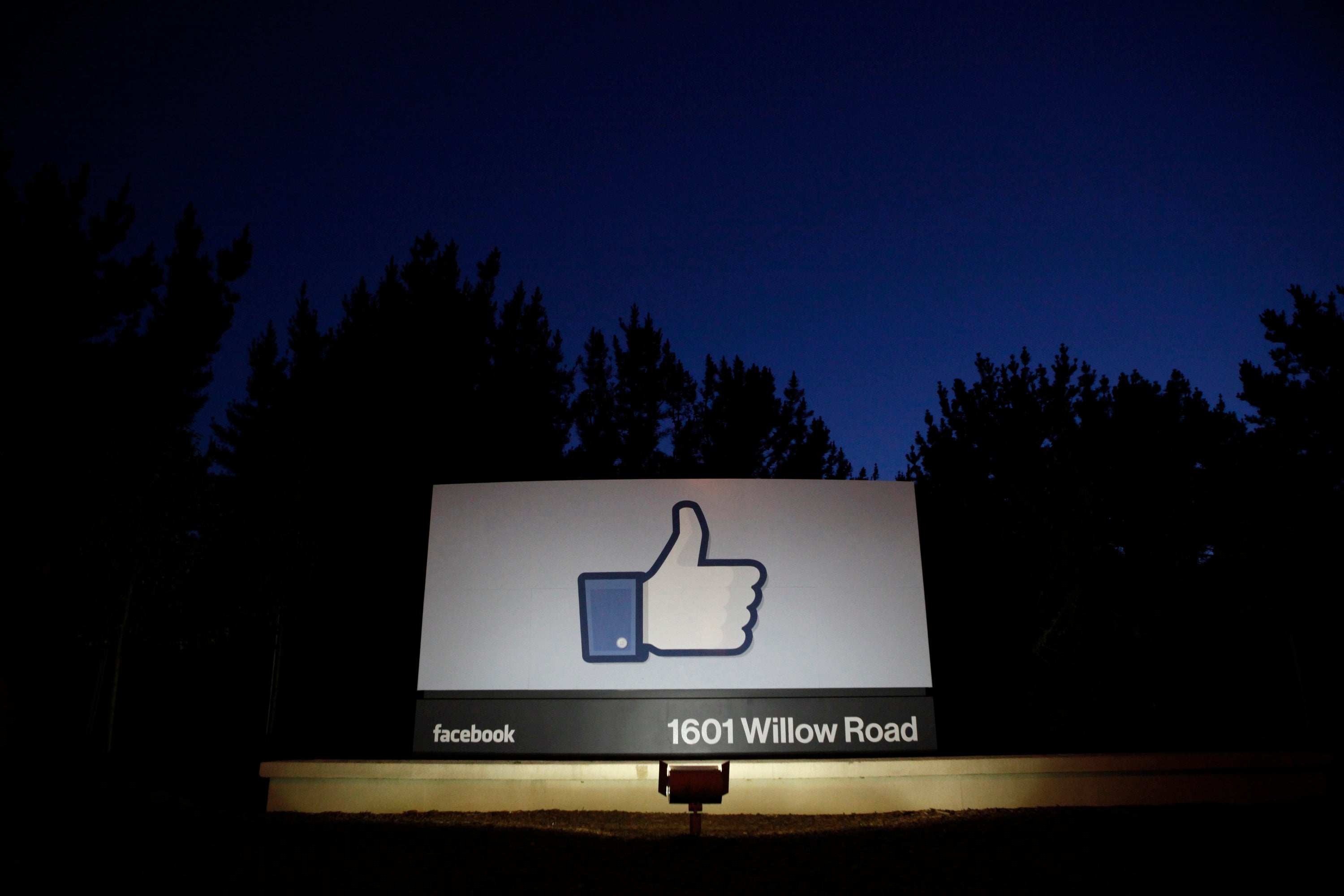Yes, people waste time on Facebook - but that's hardly the most important problem with the site
People need to be much more aware of the risks they might be running by revealing too much personal information


Does anybody really want or need a ‘tool’ to tell them how much time they spend on Facebook? Regular users know perfectly well how much time they waste – if that’s what it is – each day. They hardly need the services of a bit of gimmickry developed by TIME magazine to coincide with Facebook’s tenth anniversary next week.
The idea is, apparently, to show users via a calculator-style function how many days of their past life their Facebook use equates to. And then what? Is it supposed to shock them into reducing their time or giving it up?
Much more seriously interesting is what Facebook does, how people use it and why. I am ‘friends’ (and I have actually met him and his mother face-to-face once) with a young man, aged 12, who has written, and had published, an impressive little book about bullying. He has an engaging, quirky style and he uses Facebook (and Twitter) in a very mature way - mostly to promote his book and to share reactions to fiction he’s read. That seems exemplary to me and I don’t suppose he spends more than a few minutes a day on it.
On the other hand I am also ‘friends’ with a 15 year old girl whom I know well in real life. She and her friends, both the real and the internet-only ones, seem to be on either Facebook or Twitter almost continuously telling us all that they’re tired, that they hate Tuesdays or have had a ‘crap day’ – which really does seem a pointless waste of time. And, I suspect a great deal of time - but I doubt that a calculator to indicate exactly how much would make any difference.
Adults meanwhile – or at least the ones I’m in contact with via Facebook – mostly seem to do one of three things. Either they swap amusing things which they’ve seen or heard, often with a photograph which is quite fun and doesn’t take long. Or they share proud pictures of their children or pets. Others like me (and my eleven year old colleague) use it for pretty shameless promotion of our wares – books, articles and so on, in my case. My twitter/Facebook/Linkedin activity might add up to an hour a day in total and I see it as part of my work, as do many other people I know. And none of us needs the TIME magazine tool to shock us into changing our habits.
I’ve no idea what the forthcoming tool cost to develop but the money would surely have been better spent trying to find more effective ways of dealing with privacy issues. People, adults as well as children and young people, need to be much more aware of the risks they might be running by revealing too much personal information in very public places. It has been said many times before but it is still not taken seriously enough.
Join our commenting forum
Join thought-provoking conversations, follow other Independent readers and see their replies
Comments
Bookmark popover
Removed from bookmarks